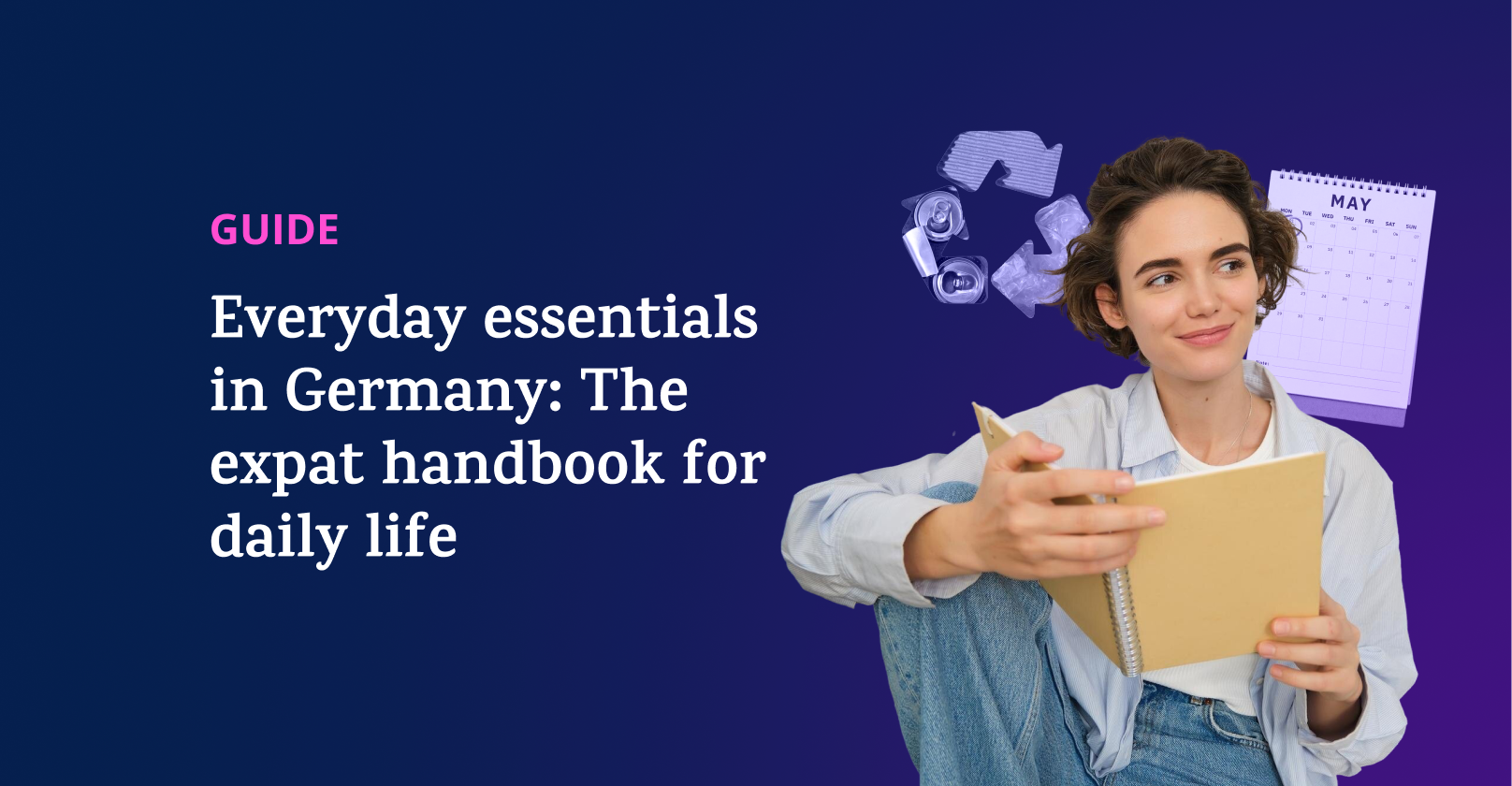‘Du’ or ‘Sie’? A guide to formal vs. informal ‘you’ in German

In your very first conversation with a German, you will need to decide whether to address them with du or Sie.
These, respectively, are the informal and formal ways to say “you” in German. But not all German learners are familiar with the concept of formal and informal address. Even Germans themselves sometimes have trouble drawing the line between du and Sie. And that’s to say nothing about other sources of pronoun-based confusion, like when to use Sie vs. sie or Ihr vs. ihr.
In this guide, we'll help you navigate this notorious topic and make the right decisions.
- What is the difference between Sie and du in German?
- When to use Sie vs. du in German?
- Sie, sie, Ihr and ihr
Learn languages at your pace
What is the difference between ‘Sie’ and ‘du’ in German?
When you travel in Germany and converse with Germans, you will likely hear two forms of address: du and Sie. But what is the difference, and is it really all that important?
Both du and Sie refer to the second-person singular (i.e. “you”). Du is the informal form, while Sie is the formal and polite form of the personal pronoun.
But that's not quite the end of it. There is yet another Sie: the German polite form for the second-person plural, which is used to address a group of people.
Verb conjugation with ‘Sie’ and ‘du’
Using du or Sie doesn't just make a difference in terms of politeness. It also affects the conjugation of the verb that corresponds with the personal pronoun. Note in the below example how the verb (gehen) changes based on the personal pronoun:
Wohin gehst du?
Wohin gehen Sie?
(Where are you going?)
The verb ending -st is typical of the second-person singular (du) across many German verb tenses, though exceptions apply.
The second-person plural (Sie) in the polite form is always conjugated in the same way as the third-person plural (sie):
Sie gehen
(you are going)
sie gehen
(they are going)
When to use ‘Sie’ and ‘du’ in German
The choice between du and Sie has certainly tormented many a language learner. But the general rule of thumb is easy enough:
- Use du for anyone the same age or younger than you and anyone you are familiar with (family or friends).
- Use Sie for strangers and persons of respect, like teachers or authority figures.
In practice, this rule can be difficult to apply, though.
Learn languages at your pace
Tricky cases and how to solve them
The only sure answer to the question of when to use du or Sie is that children are always addressed as du. But from around the age of 16, you have to ask yourself: “How big is the age difference between us, and what does the situation allow for?”
While an adult would ask a teenager on the street for the time with du, the colleague about to retire will probably address the 20-year-old intern with Sie. But that also depends on what is common in your workplace. How do colleagues address each other? How do they address you? If the boss greets you during the job interview with du, it may make sense to respond with Sie first. If they prefer to be informal, they can always offer you the du. This can look like this:
Sagen wir doch “du”.
Let's say "you."
Wollen wir uns duzen?
Shall we be on familiar terms?
Or:
Bleiben wir lieber beim “Sie”.
Let's stick with “Sie” instead.
Sollen wir uns siezen?
Should we be on formal terms?
The topic of du vs. Sie causes so much confusion among Germans that there are two separate verbs for the correct choice of words: duzen and siezen. It has also created interesting solutions like the Hamburger Sie, where you use the first name and the polite form Sie, or the Münchner Du, where you use the surname with the informal du.
‘Sie’, ‘sie’, ‘Ihr’ and ‘ihr’
Finally, we need to clear up another source of confusion for beginners: the difference between Sie, sie, Ihr and sie.
Sie capitalized is always the German polite form (singular and plural):
Was denken Sie?
What do you think?
The lowercase sie is the third-person singular feminine or third-person plural for all grammatical genders:
Maria ist krank und sie kann nicht kommen.
Maria is ill and she can’t come.
Die Kinder sind krank und sie können nicht kommen.
The children are ill and they can’t come.
Ihr capitalized is the possessive pronoun for the polite form Sie in singular as well as in plural. It is the German formal “your”:
Ist das Ihr Hund?
Is that your dog?
The lowercase ihr is the second-person plural or the possessive pronoun for the third-person plural:
Kinder, seid ihr fertig?
Children, are you ready?
Die Kinder ziehen ihre Jacken an.
The children are putting on their jackets.
When in doubt, stick to the formal ‘Sie’
Deciding between the second-person singular and the German polite form is not always easy. Much depends on the age of the people who meet, and even more depends on how well they know each other. In case of doubt, Sie is always a good bet to ensure you don’t offend anyone. You'll get to the du later.













